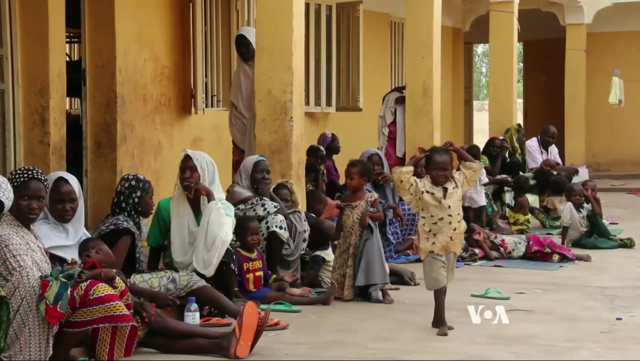Boko Haram Strikes Village in Overnight Attack
Boko Haram, the Nigerian jihadist terrorist group, claimed more than 60 lives in an overnight attack on a village in Borno State, the north-eastern part of Nigeria, on September 5, 2025, according to BBC.
Intensifying its attacks on rural communities, army bases, and police stations in the north-eastern region of Nigeria, Boko Haram's operation has been ongoing since 2009. The organization is intent on establishing an Islamic-based government in the area, writes Srinivas Mazumdaru for Deutsche Welle News Network. Though the group also has operations in other African countries, such as Chad, Cameroon, and Niger, the group has committed the most violence in Nigeria.
In response to the infamous kidnapping of over 270 school girls from the town of Chibok in 2014, the Nigerian military began to target the group and succeeded in taking back control of the areas under Boko Haram’s control at the peak of their power. However, in April, Governor Babagana Umara Zulum of Borno State warned of a recent resurgence of activity by Boko Haram after the rise in frequent kidnappings and attacks, such as the one that took place on September 5.
Striking a military base in Darul Jamal, a village near the Nigeria-Cameroon border, the militant group killed more than 60 people, including at least 5 soldiers, as well as 13 drivers and laborers, and various other civilians. More than 30 buses and houses were also destroyed in the attack.
According to DW, the attack started around 8:30 pm, as members of Boko Haram appeared in the village and started “killing men and leaving women behind,” shooting at villagers and burning down homes, according to the traditional head of the Darul Jama village interviewed by Reuters. Once notified of the attack, the Nigerian Air Force launched retaliatory airstrikes, killing approximately 30 members of the group, according to the BBC. Afterwards, Nigerian Air Force spokesperson Ehimen Ejodame claimed that the government received surveillance of the surviving members “fleeing northwards from the town towards nearby bushes,” leaving the village in ruins with many people dead, injured, or missing.
Following the attack, Governor Zulum told AFP news agency, "The numerical strength of the Nigerian army is not enough to contain the situation,” reflecting his earlier concerns of a 15-year resurgence of Boko Haram’s control and severe violence. He added, “It's very sad, this community was resettled some months ago, and they went about their normal business,” reflecting the ongoing consequences of these attacks.
Boko Haram is already responsible for the displacement of more than 2 million Nigerians and the deaths of over 400,000 people. The people of Darul Jamal are a part of the thousands of people trying to reconstruct their villages after previous attacks from Boko Haram. One of the residents, Babagana Mala, states that "We had been warning the military for three days about Boko Haram gathering near our town, but no action was taken," and he had just resettled in Darul Jamal in August, after years of displacement, according to Reuters. This latest attack creates a major setback for the people attempting to rebuild their communities in this village.
Despite the many attempts from the Nigerian military to defend Borno State, Nigerian Analyst Hamisu Sani says, "No matter how our military weakens them, they can always regroup and will remain a threat." As of now, this statement rings true as Boko Haram continues these attacks in the northeast of Nigeria, with no signs of slowing down.

